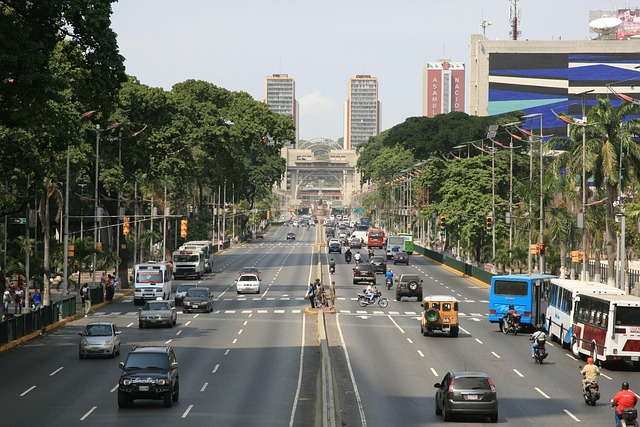 Revolutions usually lead to misery, even if they are sometimes celebrated afterwards. The most famous of them all is the French Revolution (1789), which ended in a veritable bloodbath, social and cultural suicide, and the eventual declaration of Napoleon as emperor, followed by wars throughout Europe. We also know what happened after the Russian Revolution (1917), and also with the Iranian one (1979).
Revolutions usually lead to misery, even if they are sometimes celebrated afterwards. The most famous of them all is the French Revolution (1789), which ended in a veritable bloodbath, social and cultural suicide, and the eventual declaration of Napoleon as emperor, followed by wars throughout Europe. We also know what happened after the Russian Revolution (1917), and also with the Iranian one (1979).
Revolutions often arise out of deep popular discontent, which is not only for strictly ideological reasons, but can also be due to famine or a lack of basic necessities. Subsequently, it is not uncommon for that discontent to be hijacked by other forces, and directed towards specific political goals, which may differ significantly from the original purpose.
Revolutions are organic, once the riot is underway, unexpected things can happen, as in Iran where the revolution was started by left-wing sympathising students and ended with conservative religious rule. We have a similar outcome in Russia, where Lenin returned from exile and steered the fighting to a specific outcome.
We have to remember that a revolution is about political and economic change, and can therefore bring great benefits to various parties, hence it can be highly interesting to interfere.
Today, there is renewed talk of strife, riots and even civil war in the Western world. Conflicts between migrants and indigenous peoples have become increasingly visible, as have those between the right and the left, and other ethnic groups, such as between whites and African Americans in the United States.
What is remarkable is that our elected representatives do little to prevent these divisions. Politicians are happy to throw huge amounts of taxpayers’ money at the migration project, even though many oppose it, and hospitals, schools, infrastructure, etc. would need the money instead. The social contract is based on taxpayers’ hard-earned money going back to themselves. Our politicians do not care about the well-being of the people and the nation, they often engage in some kind of symbolic politics that few understand, and which rarely results in anything other than increased regulations, admonitions and bans.
A large proportion of citizens have lost faith in politics because it no longer favours them or serves the common good. On top of that, we have an increasing spiral of violence that has spun out of control in several countries. Add to this the mismanagement of the core tasks of politics, as we have already mentioned, with poor electricity networks, overcrowded hospitals, chaos in schools, etc.
Well, are these conditions enough to create a revolution?
I would still say no. A large-scale revolution requires that the basic conditions change, and by that I mean food shortages or other major problems that make normal middle-class people take to the streets. Maybe that farmers are prevented from doing their work by excessive regulations, or that their land is bought up by big business? Or that our children cannot go to school without risking violence. That our women are harassed in the streets and squares? That citizens are forced to eat food substitutes made from insect protein, etc. Or emergency laws where people are forced to stay indoors completely or partially, combined with searches and demands for special identity documents?
We already recognise many of these circumstances, what is needed is an acceleration.
And even in this situation, what is stopping our politicians from solving the problems and stabilising society? It’s not easy, but it’s certainly doable. Instead, one gets the feeling that they are either ignoring societal decay or throwing petrol on the fire. The question is why don’t our elected representatives care about their people and their country? It’s almost as if they want to provoke a revolution. One begins to wonder if they belong to the other side, those who make money from social unrest and disintegration?







